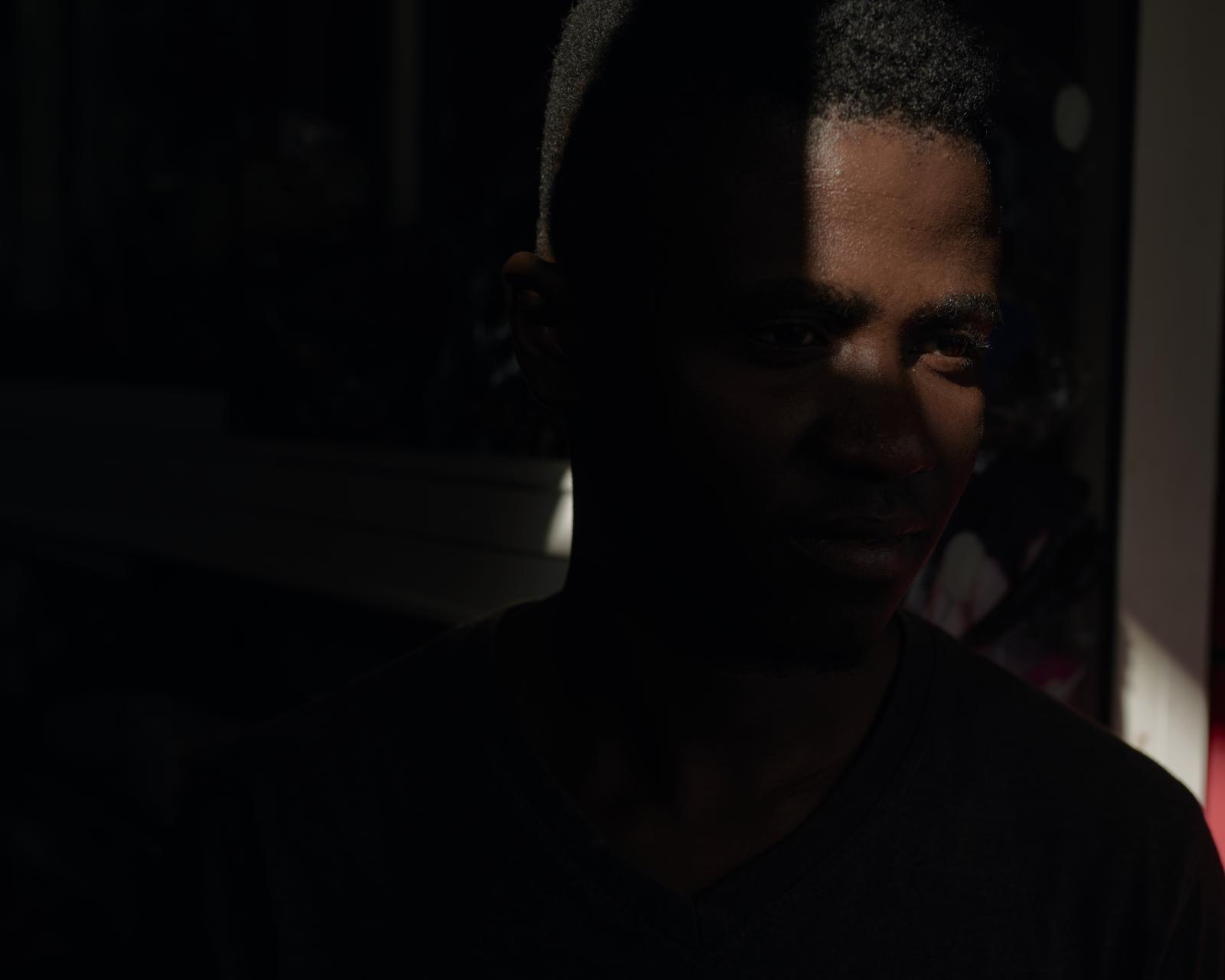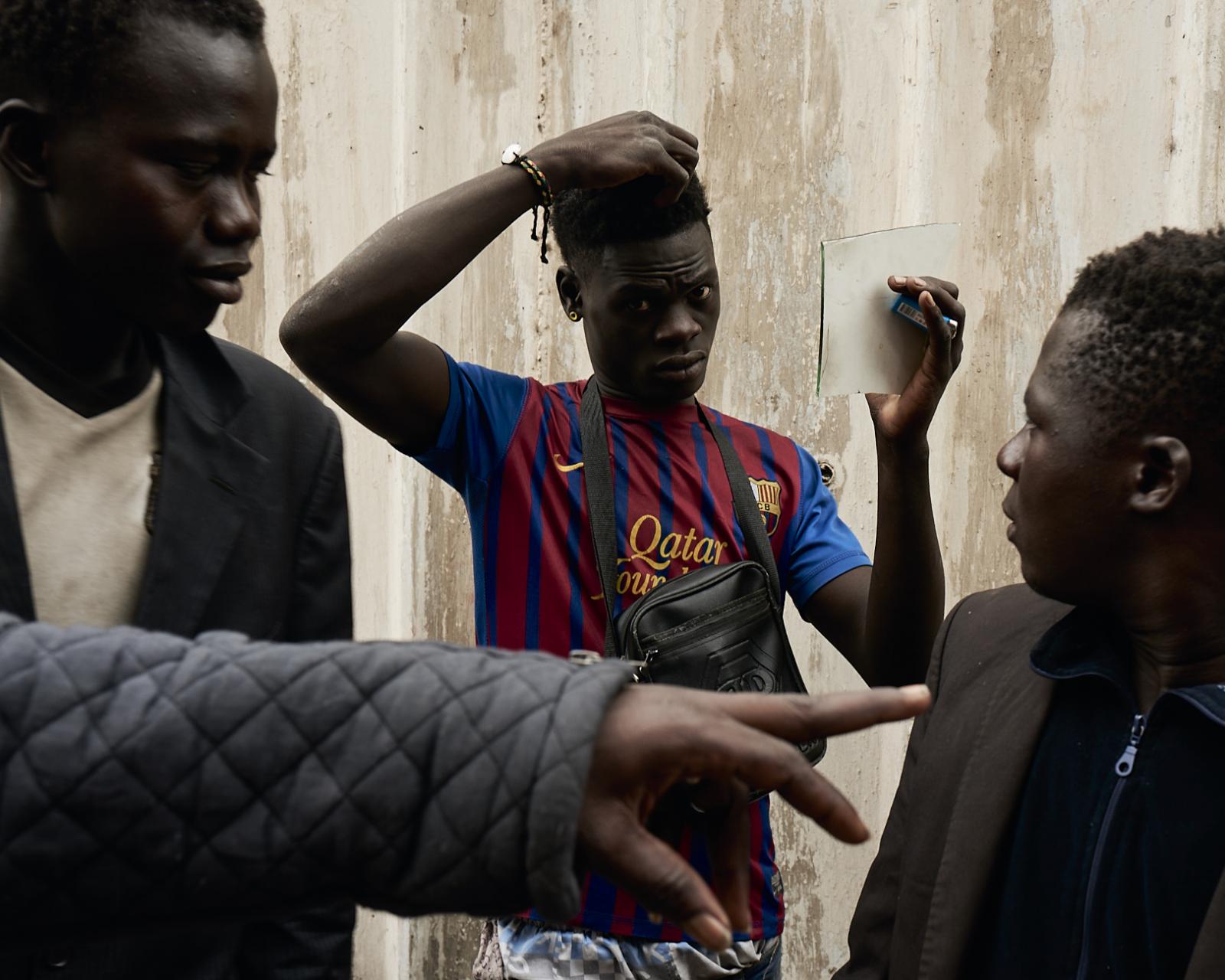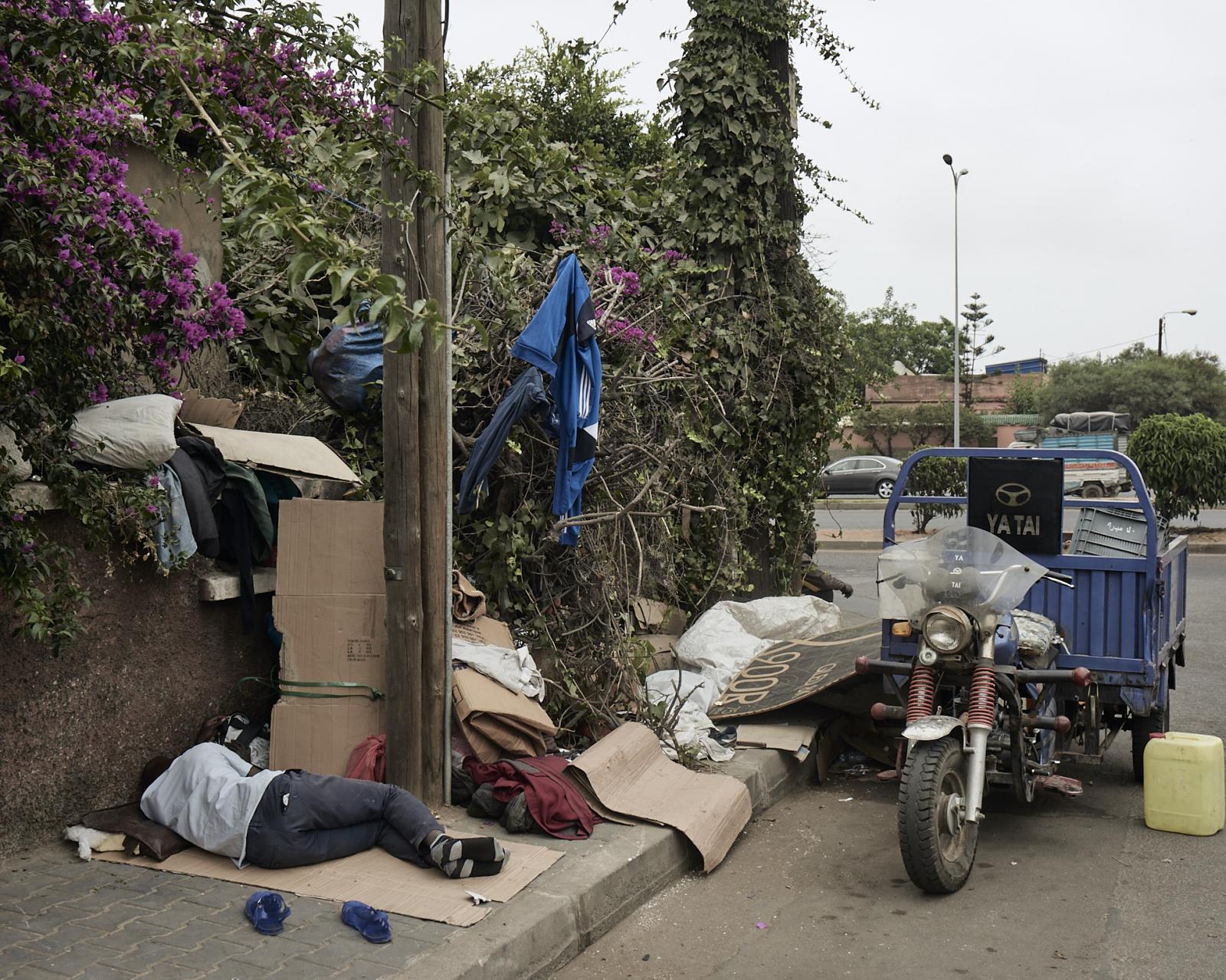CASABLANCA
In the Harbous neighborhood, nearby the ‘Casa Voyager’ train station in Casablanca (Morocco), there is an open site where about two hundred teenagers, mostly sub-Saharian illegal immigrants. They are indefinitely settled in the city until they reach enough money again to continue with their journey.
Kids who left their families months or even years ago in some cases are now living homeless and without any opportunities to find a legal job or health care. Under a total unprotection, the risk of being arrested by the Moroccan police is imminent. Many of these kids have been detained and carried to the southern border, as another Moroccan policy to deal with the migration crisis. Almost all of them start all over again.
CEUTA
The city of Ceuta, under the Spanish domain since the year 1995, is a strategic enclave inserted on Moroccan territory. This 18.5 km2 piece of land, it is one of the main exit points to Europe, separated from by the strait of Gibraltar by only fourteen kilometers. The city doesn’t belong to the European Union and has an exclusive agreement with Moroccan citizens who reside nearby the area, allowing them to enter but not stay over the night. This way, many Moroccan teenagers who left their farm towns in the Rif, stay over for months waiting to smuggle into cargo buses or ships who are crossing to Europe.
On Ceuta’s industrial area, near the port where the smugglers hang around, groups of kids live inside the exposed cracks of seawalls next to the water. Gathered in small groups, the ‘MENAS’ (Menores no Acompañados or Unaccompanied Minors) mostly underage boys, sleep on improvised beds made out of pallets, drink water from the public showers on the beach, begs money on the streets, and spend their hours smoking hashish while they wait for the right time to jump the fence of the port.
TANGIER
Hidden in Tangier, Morocco, groups of mostly sub-Saharian illegal immigrants arrive in this old and touristic port to prepare for the main stage of their journey. Cross The Mediterranean by boat.
Here is where they remain hidden in the cosmopolitan Medina, living in overpriced apartments due to their lack of proof of rent, working on flea markets, and gathering in the streets, remaining anonymous, and planning for the last resort to escape Africa. Always risking to be dragged down the south by the Moroccan police, or even deported, these teenagers often wait for the right equation in between optimum weather conditions, budget and over ten people to bring an inflatable boat to set sail route to Spain.
















